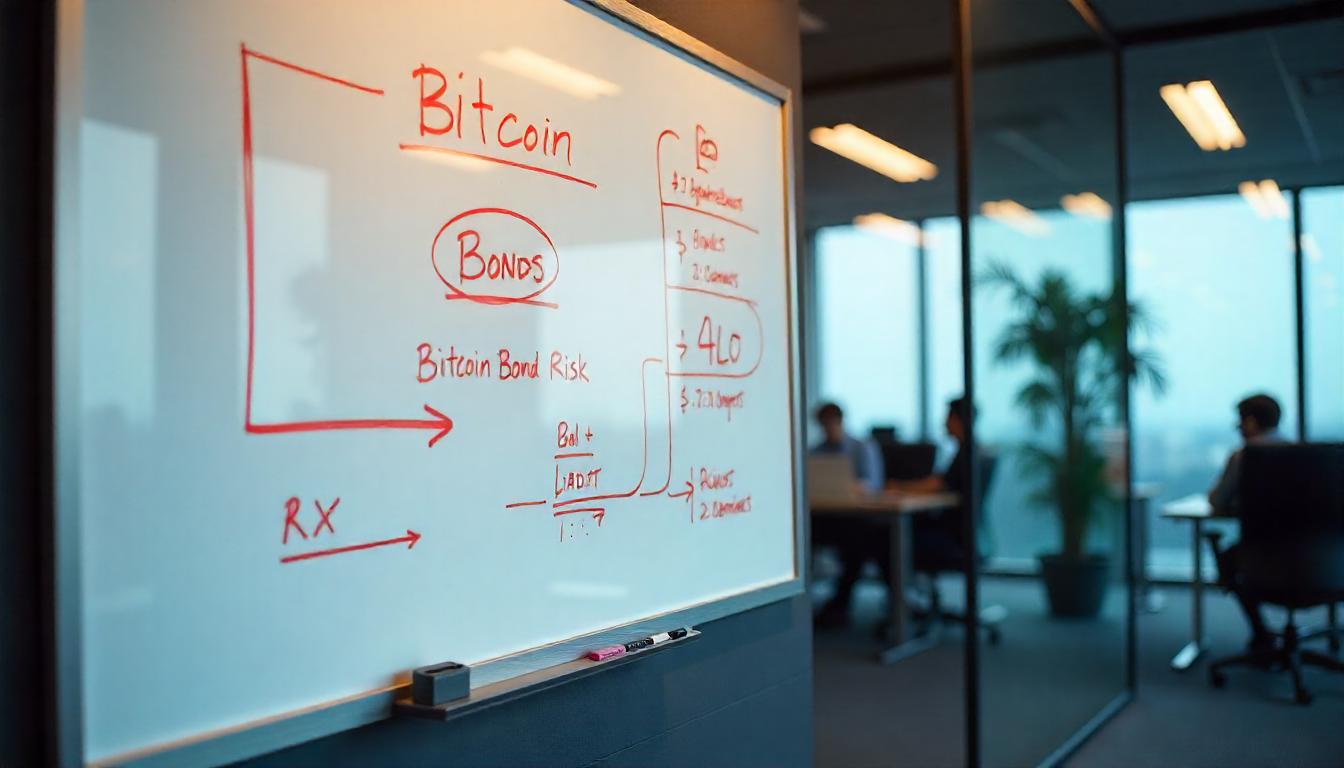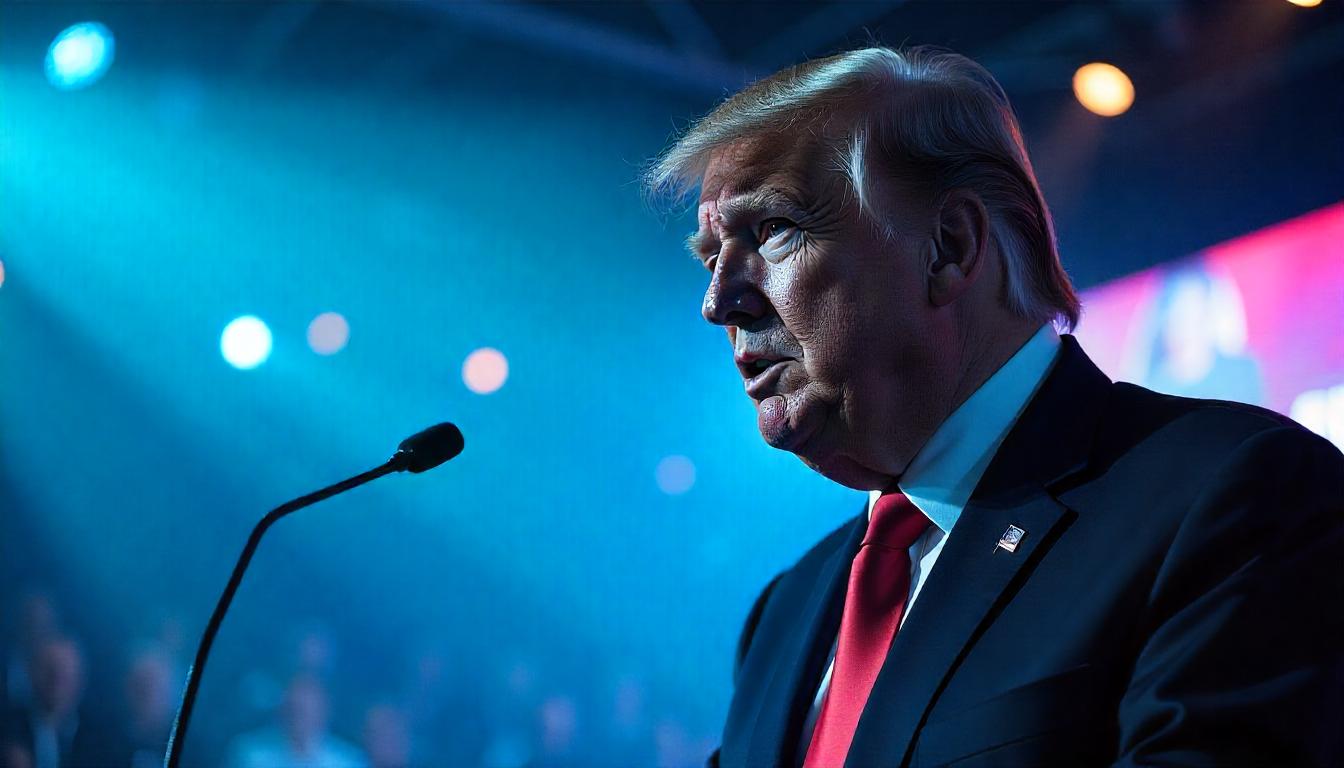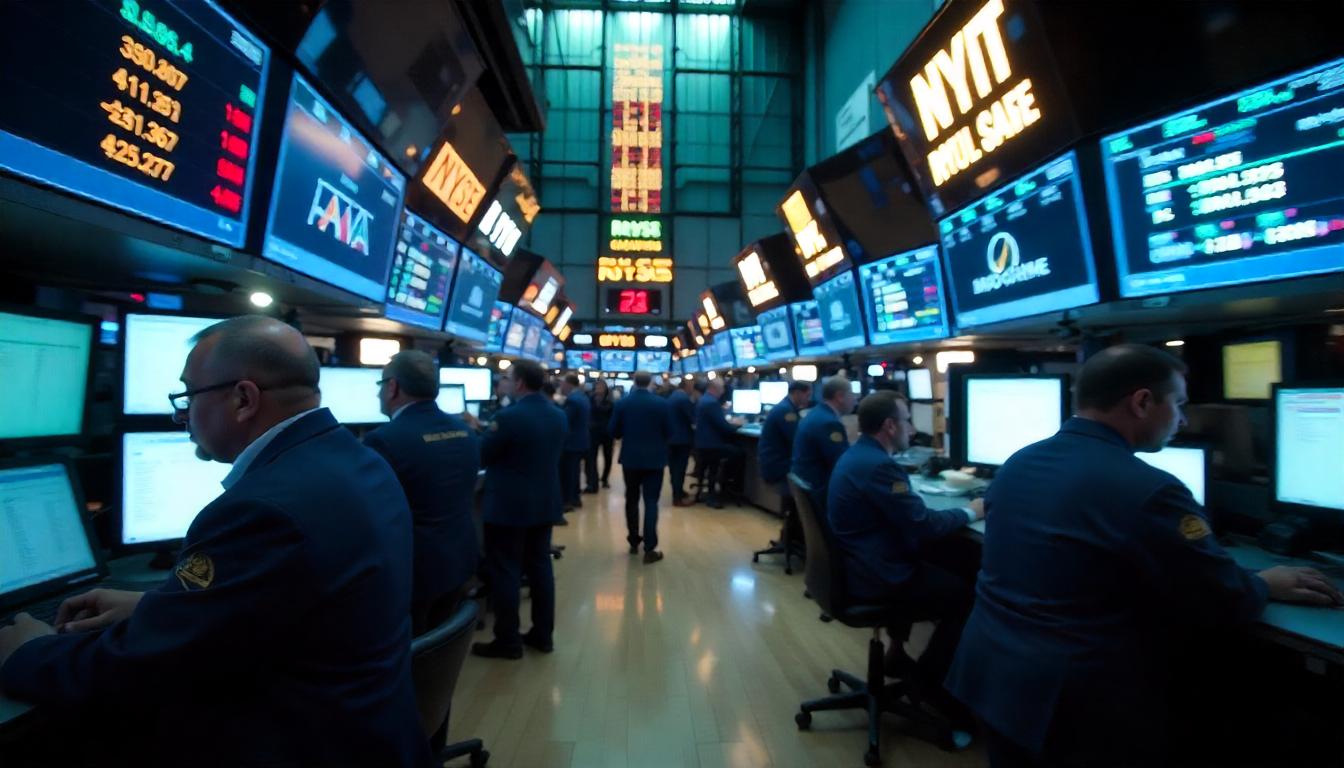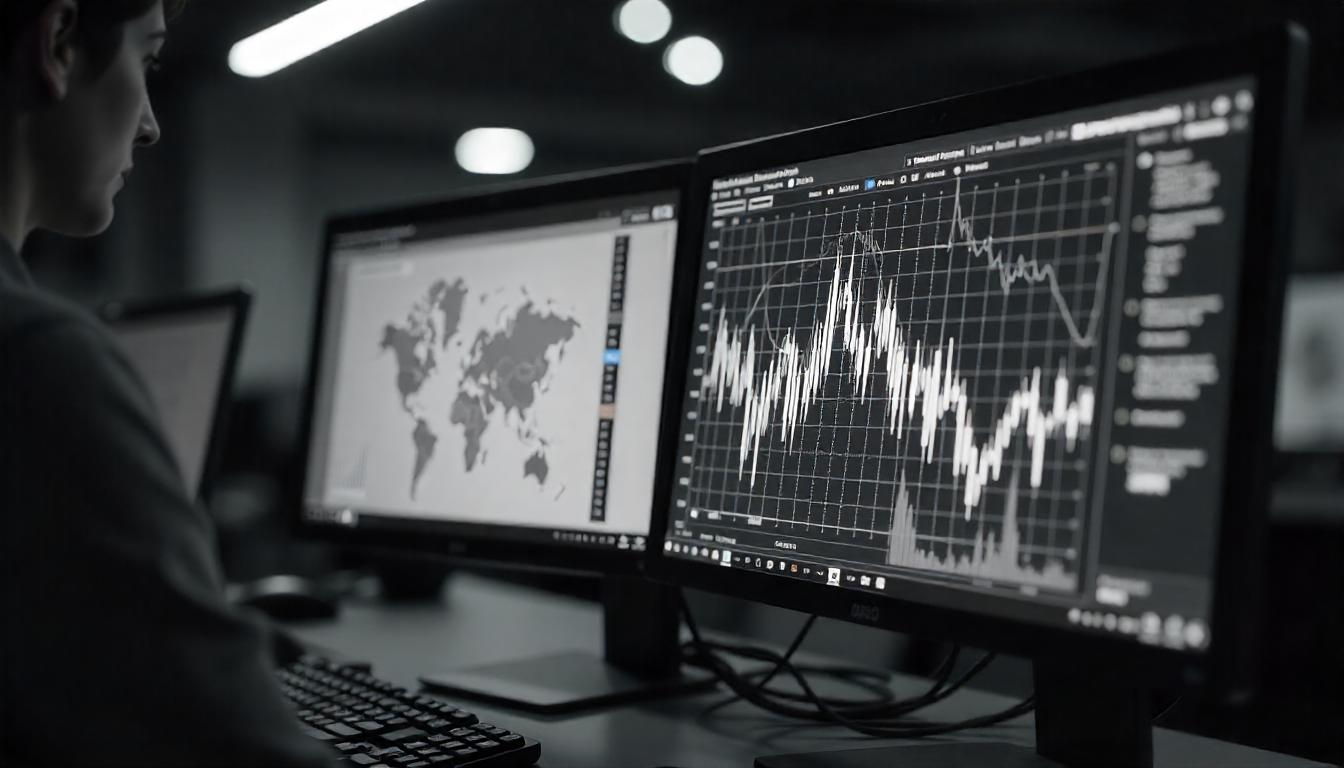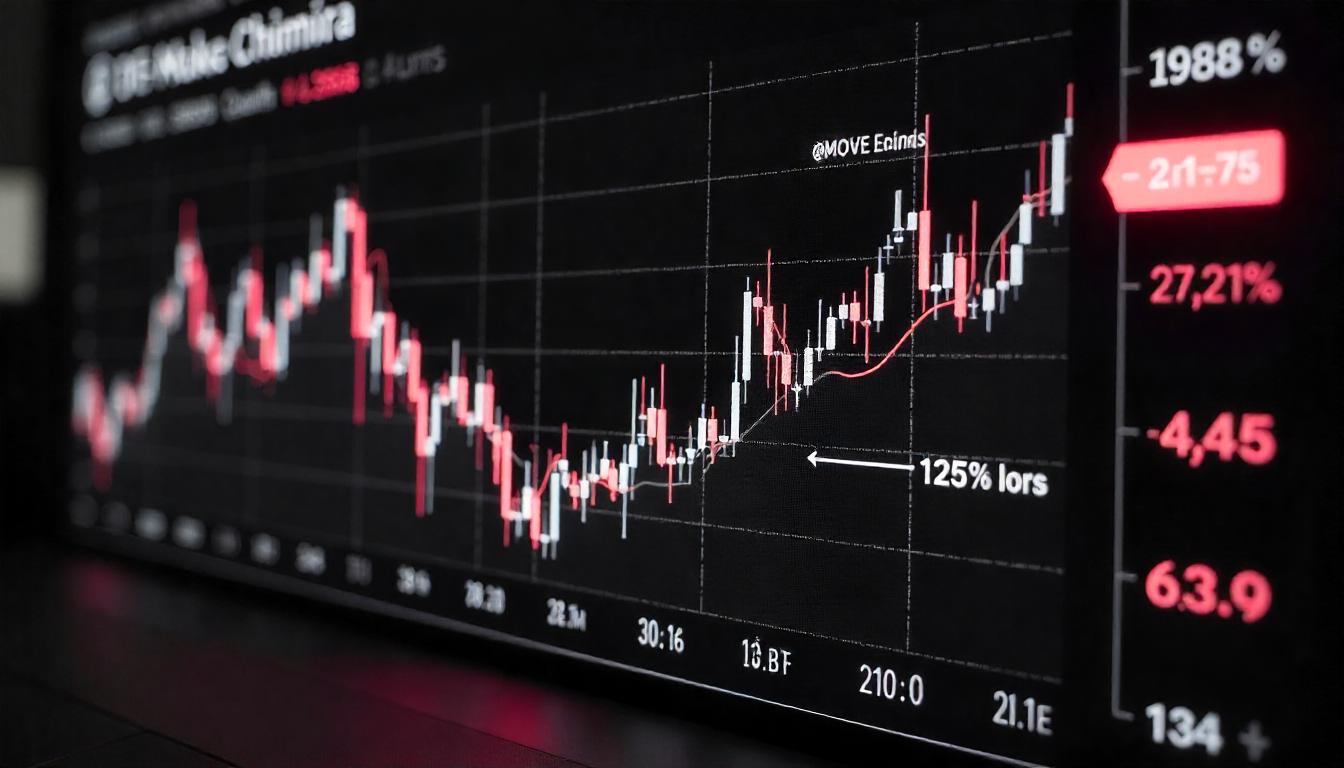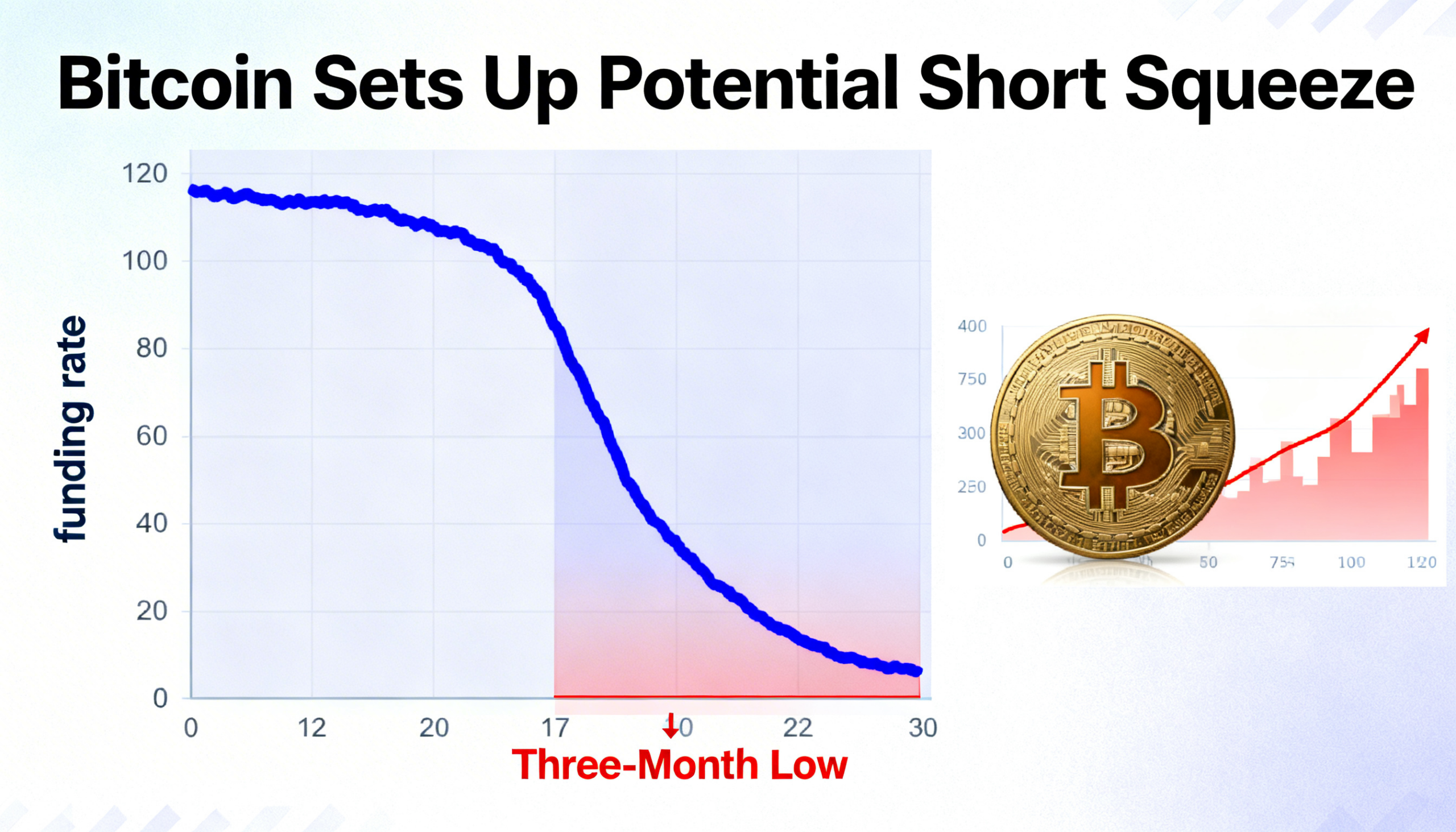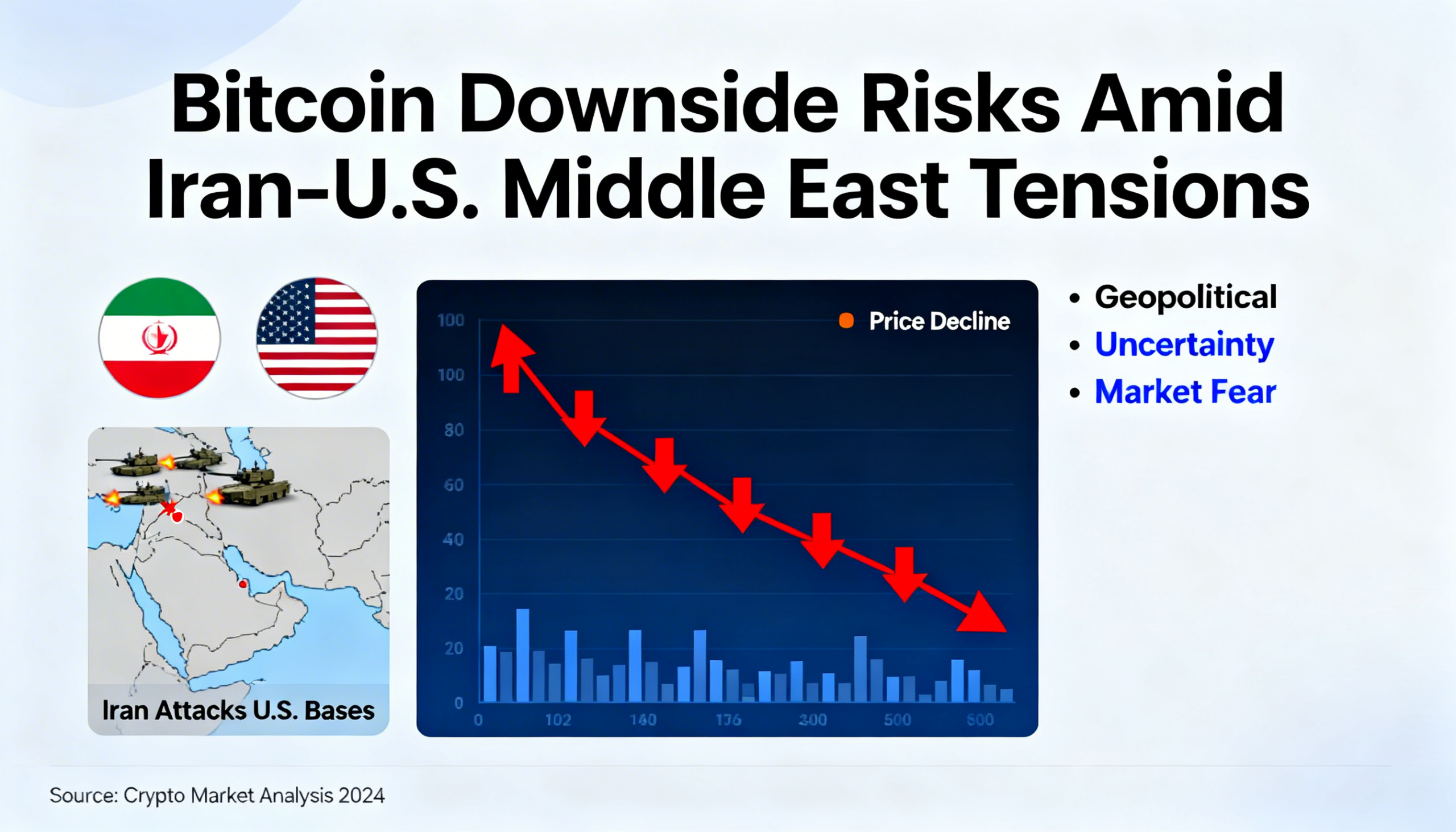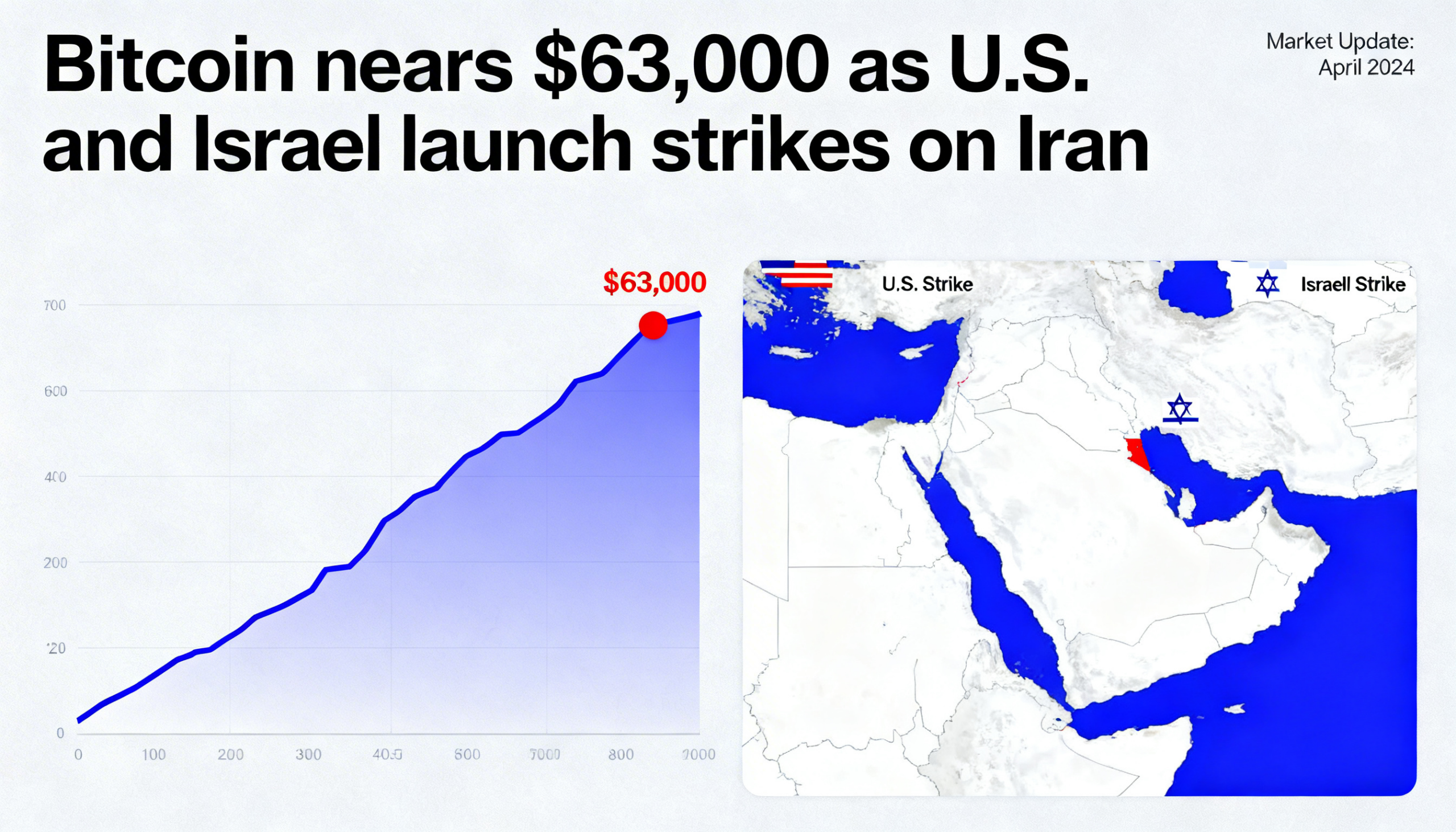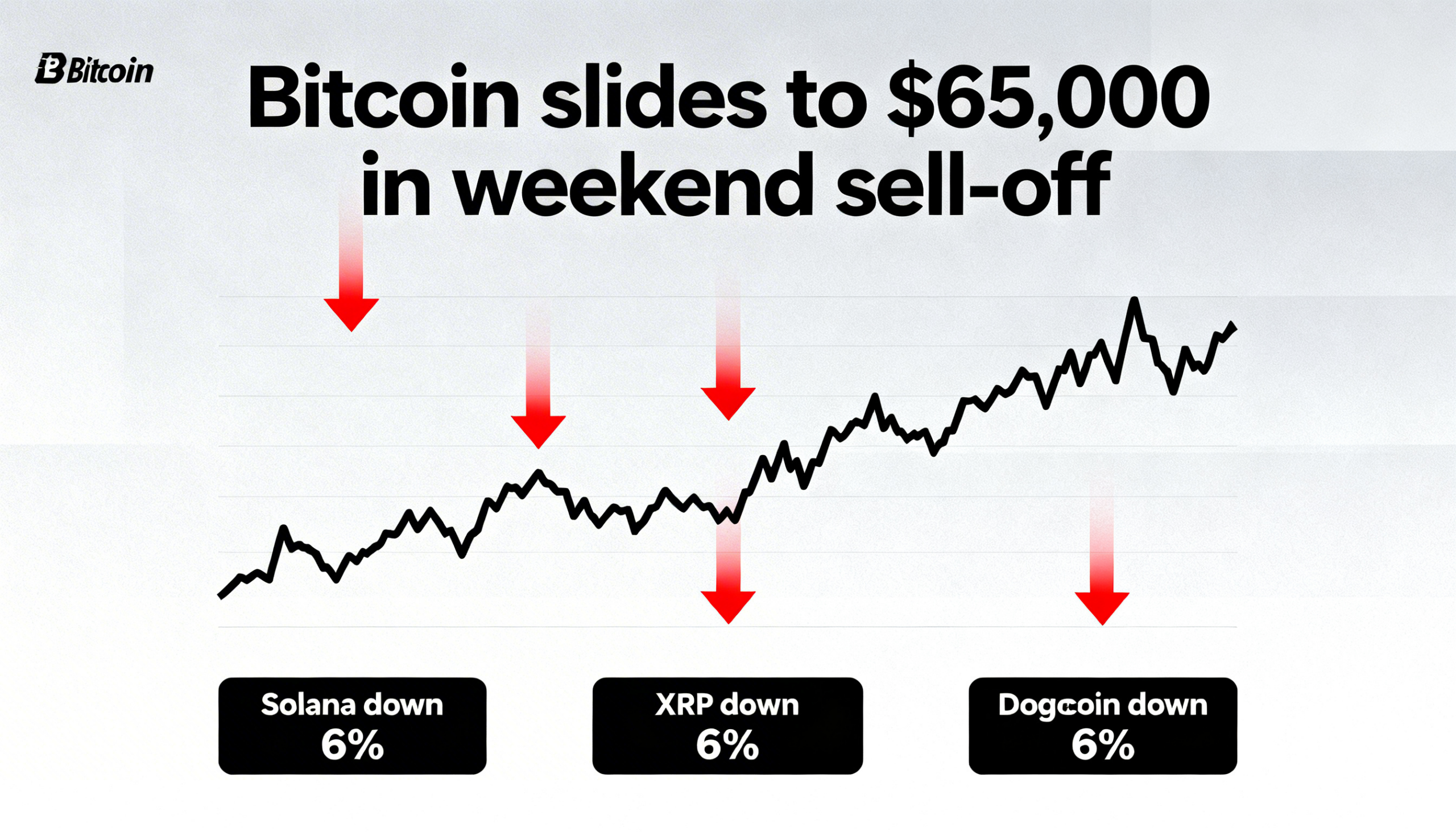GameStop Plummets 25% After Bitcoin Convertible Bond Announcement
The sharp decline in GameStop’s stock price may be linked to concerns over convertible note pricing, while some analysts suggest it reflects investor skepticism toward the company’s Bitcoin acquisition strategy.
Shares of GameStop (GME), the once-struggling video game retailer turned meme stock sensation, tumbled 25% on Thursday, wiping out gains made earlier in the week following its announcement to adopt Bitcoin (BTC) as a treasury reserve asset.
GME dropped to just above $21 during the trading session, hitting its lowest level since October and marking a steep 28% decline from Wednesday’s peak of nearly $30.
The stock’s downturn came after GameStop revealed late Wednesday its plan for a $1.3 billion, 0% convertible note offering to fund its Bitcoin purchase initiative. While the announcement initially excited the crypto community, enthusiasm faded as investors examined the financing details more closely.
“Many existing shareholders dislike the move, so a rotation is occurring with heavy volume,” Louis Liu, Chief Investment Officer of Mimesis Capital, posted on X.
Another possible factor behind the sell-off is the pricing period for the convertible bonds. Prospective bond investors may be selling or shorting GME stock ahead of the issuance. James Van Straten, a senior analyst at CoinDesk, pointed out that similar declines were observed during the pricing phases of convertible note offerings by MicroStrategy (MSTR) and Semler Scientific (SMLR).
Wedbush analyst Michael Pachter, who holds an underperform rating on GME, predicted further declines in GameStop’s stock price leading up to the issuance. “A convertible bond investor is accepting a zero coupon and must believe the GameStop meme phenomenon will persist for another five years,” he said.
Pachter also compared GameStop’s move to MicroStrategy’s Bitcoin strategy, but noted that MSTR trades at less than twice the value of its Bitcoin holdings, whereas GME trades at more than twice its cash reserves.
“We expect the offering to underperform,” Pachter added. “It’s difficult to see why investors would pay more than twice the company’s cash value in hopes that GameStop successfully converts it into BTC—especially when they could simply invest in Bitcoin or a BTC ETF themselves.”
GameStop joins a growing list of companies allocating cash reserves to Bitcoin. The trend began with MicroStrategy, led by Bitcoin advocate Michael Saylor, which pioneered corporate BTC adoption. MicroStrategy’s success encouraged others to follow suit, particularly as U.S. President Donald Trump has vowed to position the country as a hub for digital asset innovation.
While Saylor has long pushed for more corporations—and even the U.S. government—to adopt Bitcoin as a reserve asset, skepticism remains.
“Betting on companies buying Bitcoin is not a sound investment strategy,” said prominent Bitcoin critic Peter Schiff in a post on X. “GameStop has now erased its Bitcoin-driven 15% gain from yesterday and is down 2% over the past two days. Now that all the hype-driven buyers have rushed in, smarter investors are selling as they realize that burning cash on Bitcoin is not a sustainable business model.”


